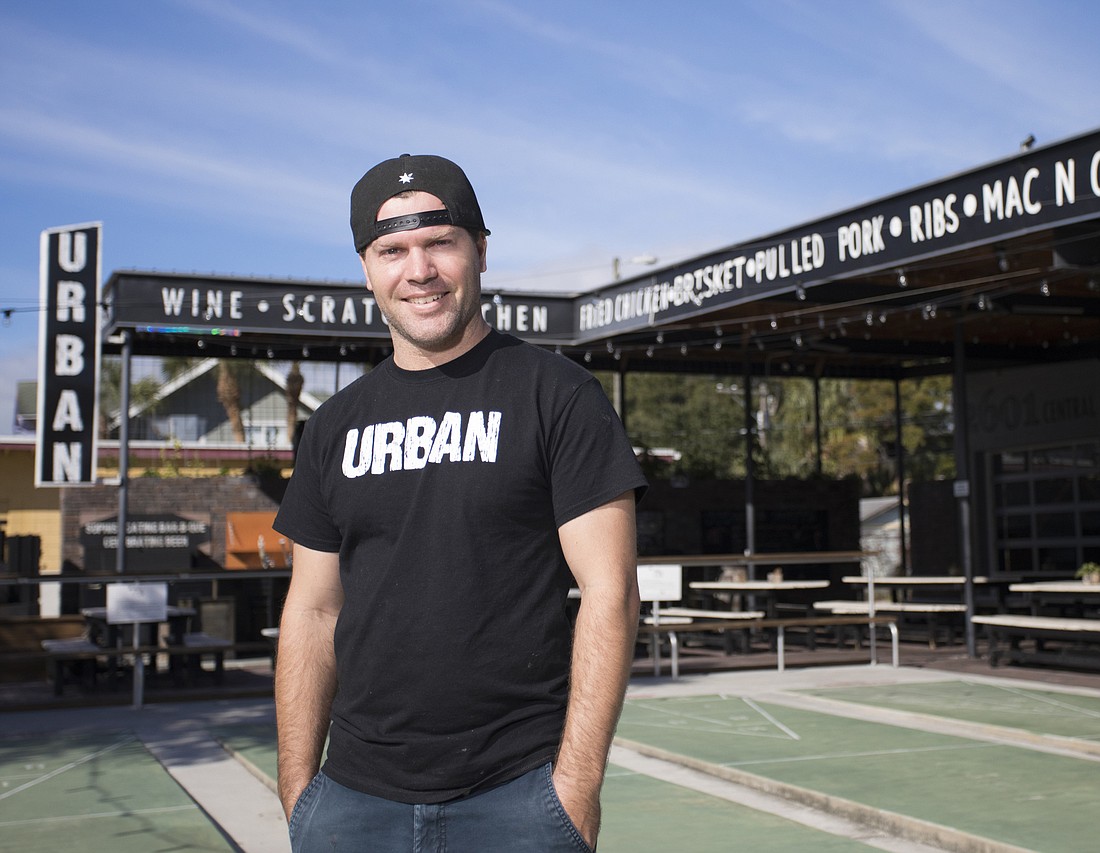- December 16, 2025
-
-
Loading

Loading

Andy Salyards, 36, founder and owner of Urban Brew & BBQ in St. Petersburg’s booming Grand Central district, just west of downtown, has mixed views on mobile app-based delivery services. He partners with GrubHub and Uber Eats but will “turn it off” if the restaurant gets too busy with dine-in orders.
It's a cutthroat approach steeped in logic and customer service 101. “If we have to choose between a customer who’s in house and an Uber customer, the Uber customer is never going to win,” he says. “We’ll just stop serving them and not feel bad about it.”